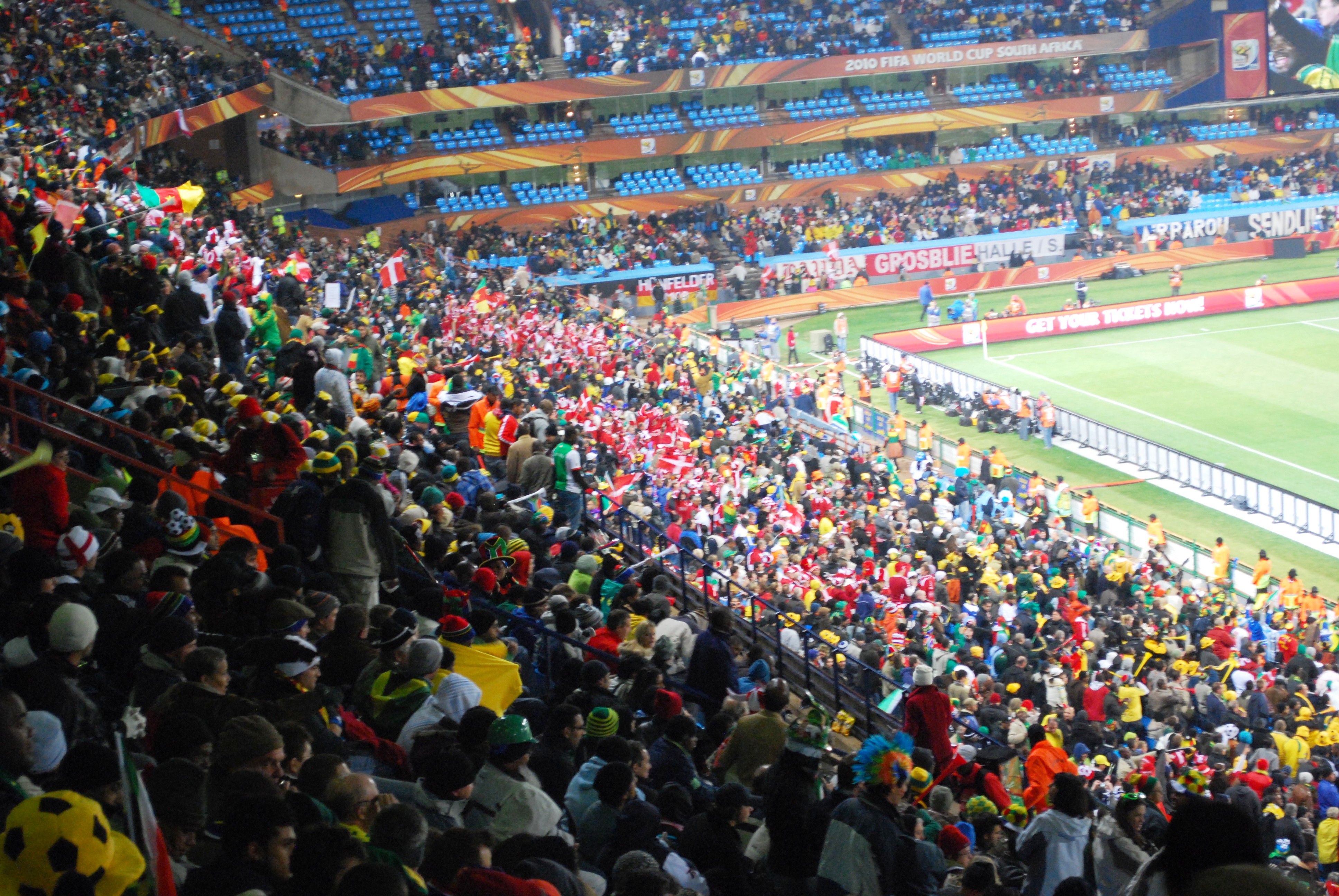As the summer heat continues to roll in, it’s the time of year that the majority of us run for the nearest pool or beach as the temperatures rise and schools let out, and the expected “out of office” messages begin to appear in your inbox on a daily basis. However, this year, the “OOO” messages may also be appearing for an additional reason, the FIFA World Cup.
It’s that magical event that occurs every four years and brings a whopping 3.4B people around the world together to tune in and root for their favorite country. And while some of the players’ faces may be familiar from four years ago, as well as the all-too familiar brands including McDonalds, Coca-Cola, Visa and Budweiser, there are also new off-the-field players making their way onto the scene.
For example, if you’ve been tuning in to the matches this first round, you may have noticed Chinese brands, such as Hisense and Vivo making their presence strongly known on the sparkling World Cup advertising banners around the field. However, the biggest player of them all making its presence strongly known at the World Cup this year is, you guessed it…technology. And this year’s technology MVP comes in the shape of a Virtual Assistant Referee or VAR.
Virtual Assistant Referee
For the very first time at a FIFA World Cup, the referees are benefiting from the use of VAR to get an eyes-from-the-sky POV. Through this technology, referees are able to track and gather data on all plays in the field in real-time. This data is then automatically transmitted to an assistant referee who is away from the field. During calls such as penalties, goals and deflections, referees are able to call on the assistant referees to get a more in-depth look at the call. While VAR is doing a great amount of good, this technology is already causing some controversy with World Cup fans, as several blame the VAR system for awarding a penalty to the French team during the Australian and France face-off, consequently leading to France beating Australia.
There is a phrase that states “no publicity is bad publicity,” and while VAR may be having its moment of fame (or controversy) on the World Cup stage, one thing is for certain, referees, teams and World Cup organizers are gathering real-time data like never before. In the spirit of progression and pushing the sport to its limit, I believe that this technology will be a key player in helping the sport advance, and I for one, can’t wait for 2026 when the World Cup makes a pit stop in North America.


